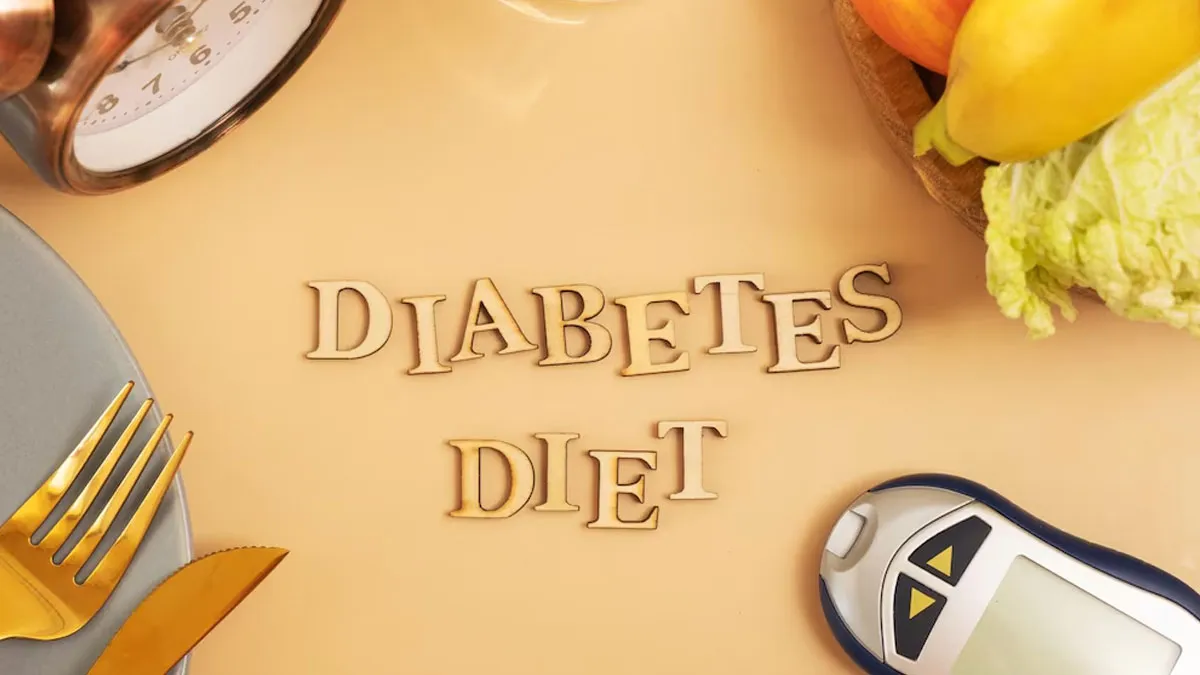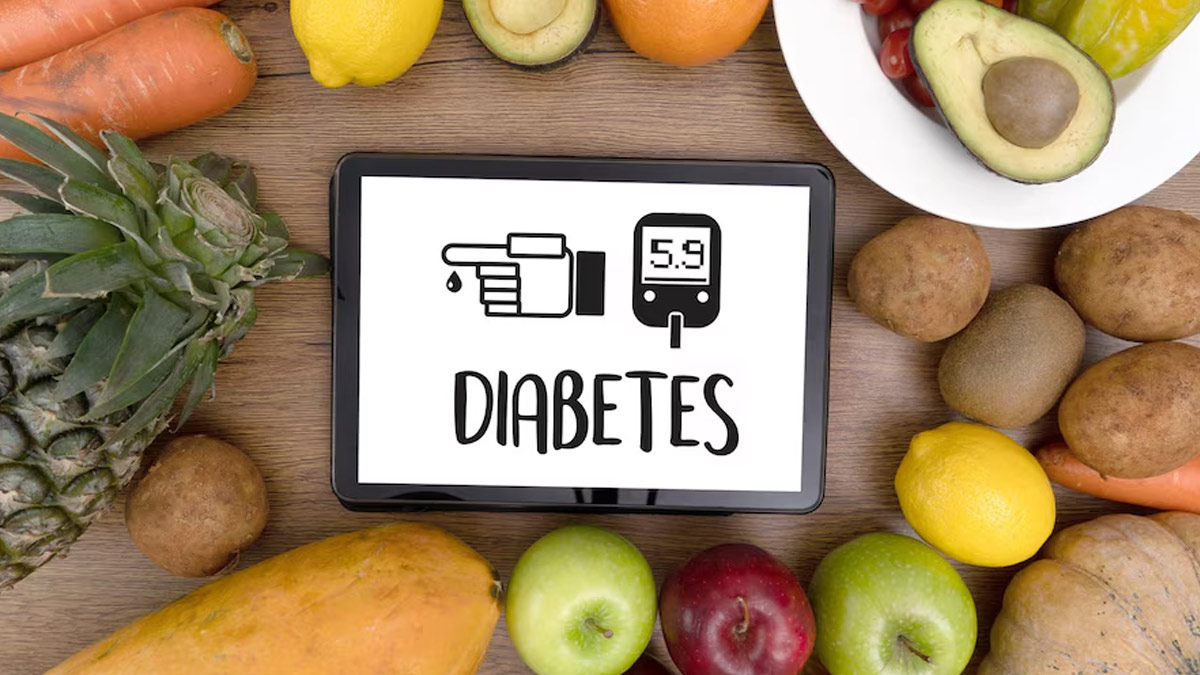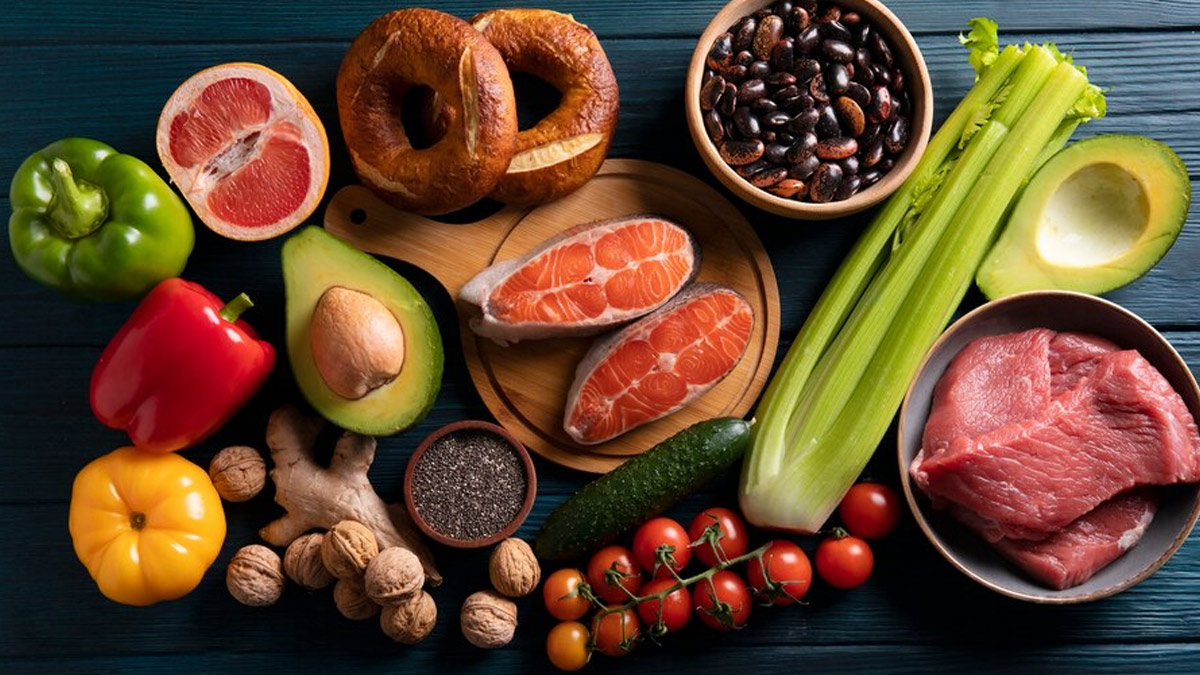
Diabetes management is always a balancing act. You're attempting to level off blood sugars, resist cravings, and still enjoy your food. It's easy to assume that restriction is the route to follow. What if a different method, one where you eat more frequently, might be a game-changer in managing your diabetes? Well, according to our expert, Dr Shrey Kumar Srivastav, General Physician and Senior Consultant, Sharda Hospital - Noida, frequent small meal is a tactic gaining popularity for their profound advantages in stabilising blood glucose and enhancing overall health among people with diabetes. Here is what he shared with us, and you need to know!
Table of Content:-
Old Traditional Approach vs. The New Paradigm
For years, the recommendation for individuals with diabetes was always three meals per day and no snacking, or at the very least, strict restrictions on snacking. This may suit some, but for others, it creates years of hunger, which subsequently can cause overindulging at meal times and resulting blood sugar peaks. It also complicates medication times.
“The shift towards frequent small meals (typically 5-6 smaller eating occasions throughout the day) offers a more physiological and sustainable approach. Instead of large influxes of glucose that demand significant insulin responses, this method provides a steady, gentle stream of nutrients, allowing your body to process them more efficiently,” Dr Srivastav.
How Frequent Small Meals Help with Diabetes Management
So, how exactly does this eating pattern contribute to better diabetes control? Here’s how Dr Srivastav explained it:
1. Level Blood Sugar
This is the most important advantage. By distributing your food over the day, you prevent the wild spikes and dips in blood sugar that tend to accompany large meals. More frequent, smaller portions of food reduce the amount of glucose in your bloodstream at any given time, resulting in a flatter, easier-to-manage blood sugar curve. This minimises the likelihood of both hyperglycemia (high blood sugar) and hypoglycemia (low blood sugar), which can be dangerous and disruptive.

Also Read: Red Yeast Rice: A Natural Source Of Statin-Like Compound That May Help Lower Cholesterol
2. Better Insulin Sensitivity
When you eat large meals, your pancreas has to work more to secrete enough insulin to metabolise the glucose. With time, this can develop into insulin resistance, where your cells become less sensitive to insulin. Small, frequent meals can alleviate the work on your pancreas, possibly enhancing insulin sensitivity and making your body more efficient in using glucose.
3. Improved Hunger Management and Less Cravings
Longer periods between meals can lead to severe hunger, and as a result, overeating unhealthy foods. Consuming smaller, more frequent meals maintains hunger in control, avoiding the extreme dip in blood sugar that will lead to cravings for sweets or high-carbohydrate foods. This helps maintain a healthy meal plan.
4. Increased Metabolism and Weight Regulation
Not a form of immediate weight loss, but an ongoing supply of nutrients during the day will keep your metabolism running. Never letting yourself get too hungry decreases the chances of overeating, which can lead to weight gain. In many type 2 diabetics, even small amounts of weight loss are enough to seriously regulate blood sugar levels.
5. Even Energy Levels
Unstable blood sugar levels cause highs and lows, leading to energy dips and lethargy. With a more level blood glucose, the more frequent smaller meals supply a more stable source of energy levels during the day, so that you feel energised and efficient.
6. Simplified Medication Management
For individuals on some medications for diabetes, especially insulin, more frequent meals can simplify taking their medication and prevent risky blood sugar swings. Always discuss your medication schedule with your provider regarding your eating regimen.

Also Read: Can Jamun Help with Blood Sugar Levels? We Asked an Expert
What You Need to Know to Make it Work
Though the idea is straightforward, its successful application relies on thoughtful planning. Here's what you need to think about:
- Emphasise Nutrient-Rich Foods: "Small meals" do not equal diving for handfuls of chips! Each mini-meal or snack needs to be balanced and nutrient-dense, including:
- Lean Protein: Increases feelings of fullness and retards glucose absorption (e.g., lean meat, poultry, fish, eggs, tofu, legumes).
- Healthy Fats: Contribute to sustained energy and fullness (e.g., avocado, nuts, seeds, olive oil).
- Complex Carbohydrates: Contribute to sustained energy and fibre (e.g., whole grains, fruits, vegetables).
- Fibre: Essential for digestive well-being and blood glucose management (fruits, vegetables, whole grains, legumes).
- Portion Control is Essential: Even with more meals throughout the day, eating large amounts of small portions can still cause high blood sugar. Pay attention to serving sizes and practice reading food labels.
- Plan: It is difficult to make spontaneous healthy options. Plan and prepare healthy snacks and mini-meals in advance. This may mean packing nuts and seeds, cutting up vegetables to dip, or dividing up Greek yoghurt.
- Listen to Your Body: Guidelines can be beneficial, but tune into your individual hunger and satiety signals. Everybody's needs are a little bit different.
- Hydration is Important: Don't mistake thirst for hunger. Stay hydrated by drinking lots of water throughout the day.
Bottomline
Implementing the tactic of eating frequently, small meals can be an effective ally in your diabetes-fighting arsenal. By concentrating on nutrient-dense foods, using portion control, and meal planning, you can have more even blood sugar levels, enhanced energy, greater hunger control, and improved well-being. It's a journey and a process to managing diabetes, and learning an eating pattern that is most effective for you will take priority. Speak with your healthcare provider today to discuss if this method could be the missing link in your diabetes management strategy.
Also watch this video
How we keep this article up to date:
We work with experts and keep a close eye on the latest in health and wellness. Whenever there is a new research or helpful information, we update our articles with accurate and useful advice.
Current Version